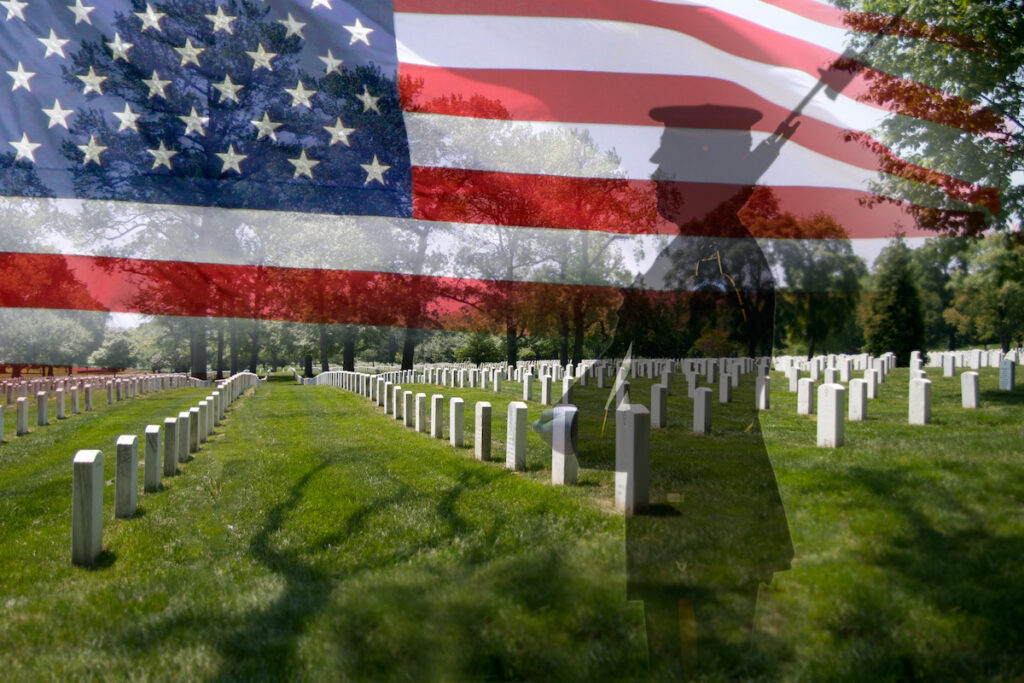In a world where the sacrifices of our heroes often go unnoticed, “Honoring Heroes With Patriotic Memorial Transfers” serves as a vital reminder of the valor and dedication exhibited by those who have served our nation. This concept not only encapsulates the essence of patriotism but also emphasizes the importance of memorializing the contributions of our brave servicemen and women. Through various forms of memorial transfers, we can ensure that their legacies live on, inspiring future generations to appreciate the freedoms we enjoy today.
As you delve deeper into this article, you will discover the various methods and practices involved in honoring our heroes through memorial transfers. From the significance of personalized tributes to the role of community involvement in these ceremonies, each aspect plays a crucial part in fostering a culture of remembrance. We will also explore the emotional impact these memorials have on families and communities, highlighting stories that resonate with the spirit of sacrifice and honor.
Furthermore, we will discuss how you can participate in these memorial transfers, whether through organizing events, contributing to local initiatives, or simply spreading awareness. By engaging with this topic, you not only pay tribute to those who have served but also become an active participant in preserving their memory. Join us as we embark on this journey of remembrance and patriotism, and learn how you can make a difference in honoring our heroes.
Honoring heroes through patriotic memorial transfers is a profound way to pay tribute to those who have served their country. This practice not only preserves the memory of these individuals but also fosters a sense of national pride and unity. In this article, we will explore various aspects of this important topic.
The Significance of Memorial Transfers
Memorial transfers serve as a vital link between the past and present, allowing families and communities to honor the sacrifices made by their loved ones. These transfers often involve the relocation of remains or memorials to more prominent locations, ensuring that the hero’s legacy is preserved for future generations. The act of transferring a memorial can also symbolize a community’s commitment to remembering and celebrating the lives of those who served.
Moreover, memorial transfers can enhance public awareness of the sacrifices made by military personnel. By placing these memorials in accessible locations, communities can encourage reflection and appreciation for the bravery exhibited by these heroes. This practice not only honors the individuals but also educates the public about the importance of service and sacrifice.
Types of Patriotic Memorials
Patriotic memorials come in various forms, each serving a unique purpose in honoring heroes. Common types include statues, plaques, and dedicated parks or gardens. Statues often depict military figures or symbolic representations of freedom and bravery, while plaques may commemorate specific events or individuals. Parks and gardens provide serene spaces for reflection and remembrance, often featuring multiple memorials within a single location.
Each type of memorial serves to evoke emotions and provoke thought, allowing visitors to connect with the history and sacrifices of those honored. The diversity in memorial types ensures that different aspects of heroism are celebrated, catering to various preferences and cultural significances.
Community Involvement in Memorial Transfers
Community involvement is crucial in the process of memorial transfers. Local organizations, veterans’ groups, and citizens often come together to support these initiatives, ensuring that the heroes are honored appropriately. Fundraising efforts, volunteer work, and public awareness campaigns are essential components of this collaborative process.
Engaging the community not only fosters a sense of ownership over the memorials but also strengthens the bonds between residents. When people come together to honor their heroes, it cultivates a shared sense of pride and responsibility, reinforcing the values of patriotism and remembrance.
The Role of Technology in Memorial Transfers
In recent years, technology has played an increasingly important role in memorial transfers. Digital platforms allow for the creation of virtual memorials, enabling families and communities to share stories, photos, and tributes online. This accessibility ensures that the memories of heroes can be preserved and shared across generations, regardless of geographical limitations.
Additionally, technology can enhance the physical memorial experience through augmented reality applications, allowing visitors to interact with the memorials in innovative ways. These advancements not only modernize the memorial experience but also attract younger generations, ensuring that the legacy of heroes continues to be honored.
Legal and Ethical Considerations
When it comes to memorial transfers, there are several legal and ethical considerations that must be addressed. Obtaining the necessary permits and approvals is essential to ensure that the transfer is conducted lawfully and respectfully. Families must also be consulted to ensure that their wishes are honored during the process.
Ethically, it is important to approach memorial transfers with sensitivity and respect for the individuals being honored. This includes considering the cultural and historical significance of the memorials and ensuring that the transfer does not diminish their value. Engaging with historians and cultural experts can help guide these decisions, ensuring that the process is conducted with integrity.
Future Trends in Memorial Transfers
As society evolves, so too do the practices surrounding memorial transfers. Future trends may include a greater emphasis on inclusivity, ensuring that all heroes, regardless of background, are honored. This could involve the creation of more diverse memorials that reflect the multicultural fabric of society.
Additionally, the integration of sustainable practices in the creation and maintenance of memorials is likely to become more prominent. Communities may seek to create eco-friendly memorials that honor heroes while also respecting the environment. These trends will ensure that the act of honoring heroes remains relevant and meaningful in the years to come.
| Aspect | Description |
|---|---|
| Definition | Patriotic memorial transfers refer to the process of honoring fallen heroes, particularly military personnel, by transferring their remains with dignity and respect. |
| Purpose | The primary purpose is to ensure that those who served their country are remembered and honored for their sacrifices. |
| Process | The process typically involves coordination between military and civilian authorities to ensure proper transportation and ceremonies. |
| Ceremonies | Memorial services often include military honors, such as a flag presentation, a moment of silence, and the playing of taps. |
| Community Involvement | Local communities often participate in memorial transfers, showing support for the families and honoring the service of the deceased. |
| Significance | These transfers serve as a reminder of the sacrifices made by service members and foster a sense of national pride and unity. |
| Conclusion | Patriotic memorial transfers are a vital part of honoring heroes, ensuring that their legacy lives on in the hearts of the nation. |



